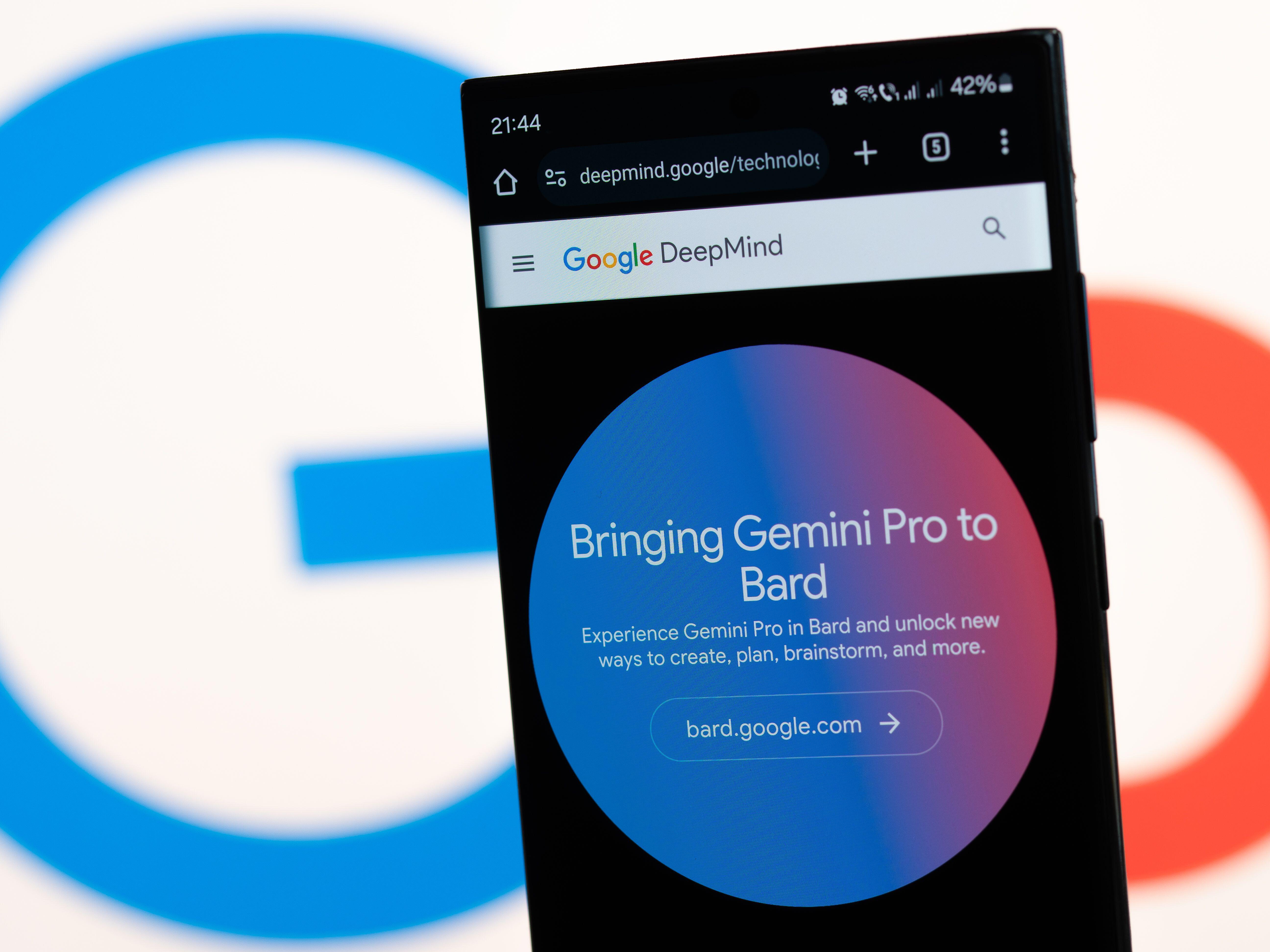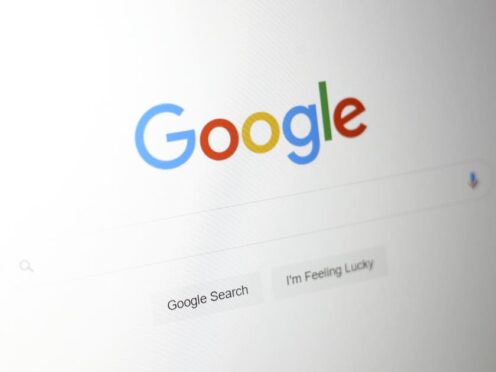Google is considering charging users to access artificial intelligence-powered search features, it has been reported.
The US technology giant is said to be looking at a shift in its business model that would see it place some of its core products behind a paywall for the first time.
According to the Financial Times (FT), Google is said to be considering adding AI-powered search features to the existing subscription service it has in place for its AI chatbot, Gemini, the firm’s rival to ChatGPT.
No decision has been made on whether to move ahead with the proposals, but the report suggested engineers were exploring the technical feasibility of it.

It said Google’s traditional search engine, which is by far the most commonly used in the world, would remain free of charge.
Google told the BBC that it would “continue to build new premium capabilities and services to enhance our subscription offerings” but that it did not have “anything to announce right now”.
Currently, the vast majority of Google’s revenue is generated through advertising, but it has looked to diversify in recent years.
The rise of generative AI applications, sparked by the launch of OpenAI’s ChatGPT in late 2022, has led to the biggest tech firms in the world scrambling to enter the space and become leaders in what is likely to be a key technology area for years to come.
Microsoft has invested in OpenAI as well as launching its own Copilot chatbot and AI-powered assistant, as has Facebook parent firm Meta, while Google has created Gemini and pushed more AI-powered features into its smartphones.
